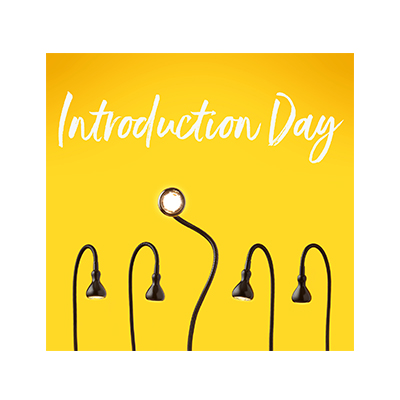Learning to Forgive – The Greater the Hurt, the Greater the Benefits of Forgiveness
The things that can be hardest to forgive may be those that happened farthest back in time. Little things sometimes, but strongly symbolic of patterns that may have lasted a lifetime. Is it possible to move on from these old hurts and disappointments – if not to forget, then to forgive? Therapist Tim Laurence, Director of the Hoffman Institute in London, believes that forgiveness is not only possible, but deeply beneficial and healing.
He uses a psychological experiment to make his point “I ask clients to think of someone they hate”, while I press down on their extended hand. Then I ask them “to think of someone they love” and press down again – to find that they are much stronger this time. It is just a simple demonstration that love is much more powerful than hate.
So why should you forgive? “Do you want to be seen as a bitter old person at the end of your life? It is not worth holding a grudge. It just hurts you. At the very least, it cuts you off from good health”. He points to medical evidence that the physical stresses set up by anger and tension, can lead to a range of health problems, from high blood pressure and headaches to lowered immunity, stomach problems and heart attacks.
The wisdom of the world’s religions make a virtue of forgiveness. The Lord’s Prayer encourages us to ask forgiveness both for ourselves and those who ‘trespass against us’. We need to be forgiven and to forgive – for our own spiritual growth and well-being.
If we go on blaming others for what has happened in our lives, we are tacitly excusing ourselves from making things better. We can be so preoccupied that we never move on to greater self-knowledge and are likely to go on repeating history, perhaps unconsciously making choices that repeatedly make us the victim.
Hatred and blame have a function. We feel stronger, united against a common enemy. Like an opposing football team or political party. Anger is also one of the more enjoyable and allowable emotions, because it makes us feel fully alive and strong. It takes a greater strength, what Tim calls ‘soft strength’, to forgive.
The Hoffman Institute runs structured, week-long programmes to help people through the process of forgiveness. “Individuals set out to wipe the slate clean and move on,” explains Tim. “The first step is to make a complete inventory of everything you are angry about. We list these things and put them on view”. Often when people feel they can’t forgive, there is a problem stemming back to childhood. Chances are our parents did their best, perhaps carrying unacknowledged emotional burdens from their own childhood. Nonetheless, many of us grow up feeling that we’ve never had enough love or attention.
The result is that in adult life this ‘inner child’, with its unsatisfied craving for unconditional love, dictates our choices. We repeat unsatisfactory situations or relationships and as we ‘fail’ we blame others, perpetuating a vicious circle.
The way out of this emotional trap is to start by forgiving our parents – those who first loved or failed to love you enough, argues Tim. “If you don’t, you are more liable to transfer your feelings onto others. You will find others who wrong you again, and may go on repeating this pattern”.
The acknowledgement of hurt and expression of pain, using writing, visualisation and group discussion, is often uncomfortable, but necessary. “It is a process of emotional catharsis, which enables people to get over that feeling of being wronged,” explains Tim. It may involve many tears, especially when a person has been abused in childhood.”
The greater the hurt, the greater the benefits of forgiveness. “People who can’t forgive tend to have few or no lasting relationships,” says Tim. “But most people don’t want to stay the victim. Once we are able to forgive, we can move on.”
[Credit: Brigid McConville]






 Sign up to receive monthly newsletters from Hoffman
Sign up to receive monthly newsletters from Hoffman